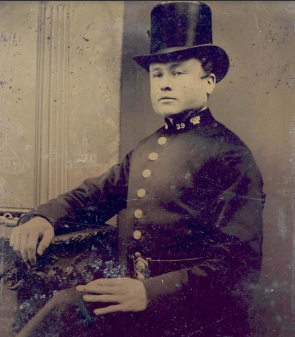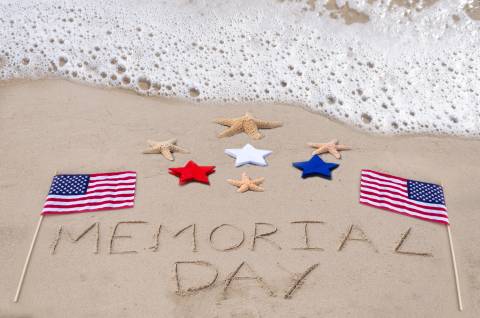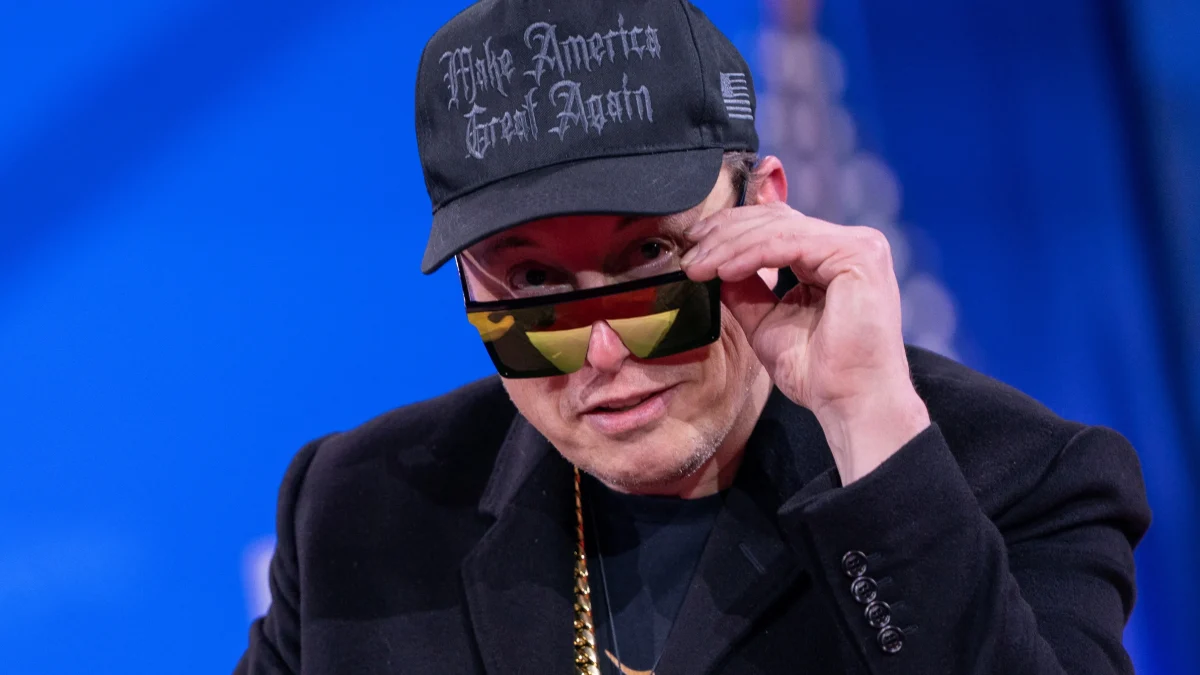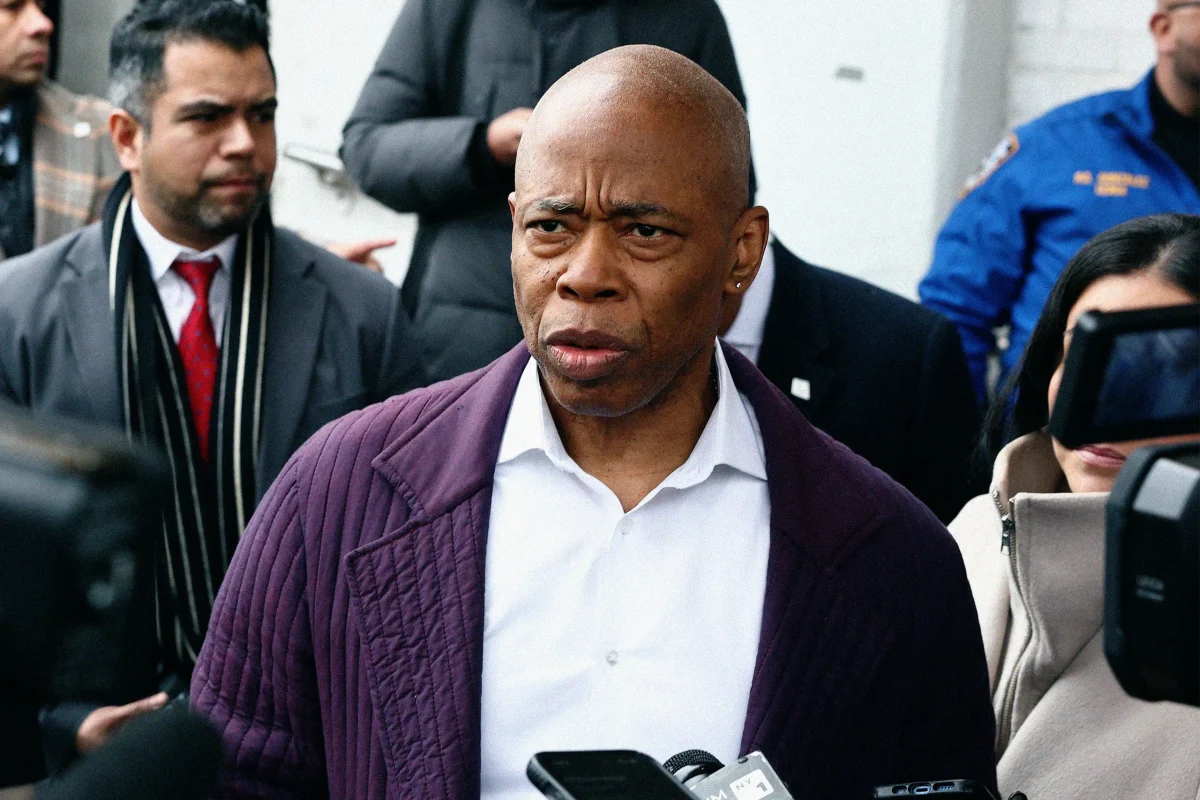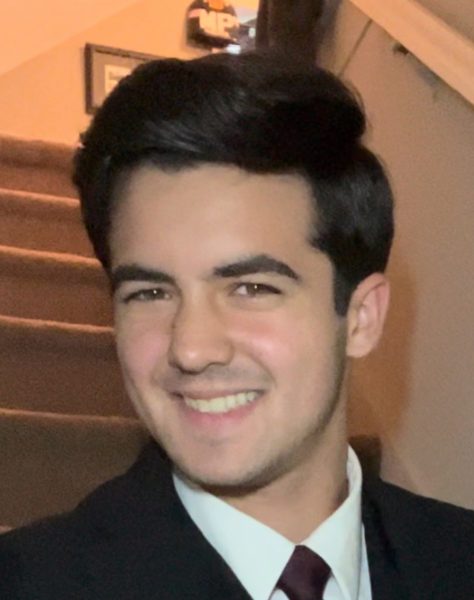Society… a sound that means nothing to the ears of animals, yet a word that has defined the human way of life for centuries. Society has been a foundational principle of humanity since the dawn of civilization. However, when society is formed by beings that were once feral animals like the world around them, it is critical to form a series of rules that keep society from crumbling into havoc.
Although modern policing was founded in the late 1820s, policing has routes that stretch back to the dawn of civilization. The term ‘police’ has roots that trace all the way back to the Ancient Greek word πολῑτείᾱ (polīteíā) meaning, “the condition and rights of a citizen, citizenship.” (uchicago.edu). Policing has ancient foundations in preserving the rights of citizenship and enforcing the laws of a nation.
According to britannica.com, the earliest recorded records about governmental policing organizations can be traced back to Ancient Egypt. “The first policing organization was created in Egypt in about 3000 BC.” In fact, all throughout time, some form of policing has existed. Whether it be societal or political, the concept of policing is nothing new; it is as ancient as civilization itself.
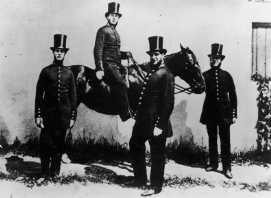
However, early policing was indeed vastly different from modern-day policing. They were much less organized and served more political purposes such as collecting taxes and spying on civilians (which can still be seen today in political policing in non-Western nations), and they typically came from higher classes of ancient society.
We would not see the first ‘modern police department’ until about 1829 when the first metropolitan police force was founded in London; its foundation was credited to Sir Robert Peele according to greenburghny.com.
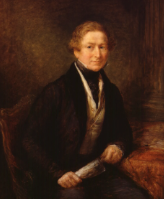
In spite of the rocky relationship between Great Britain and the early United States, British foundations were rooted in the fabric of American society. Hence, not long after the first London metropolitan police department was established, some of the earliest police departments were formed in the United States.
With many sheriff departments and early forms of police departments prior to this, some of the first police departments in America include the Chicago Police Department, New York Police Department, and Boston Police Department; Boston.gov states that these were, “structured after the model developed by Sir Robert Peel for the London Police force.”
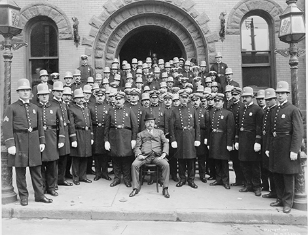
Since that day, police departments have sprouted up and flourished all over the country, not only in cities but in suburban and rural communities sprinkled across the United States. These police departments serve their purpose of protecting the citizens of every community. Unfortunately, police departments are no always commended for their actions of protecting the community, for there are many conspiracies and controversies about American policing that are critical to address when discussing the history of modern policing.
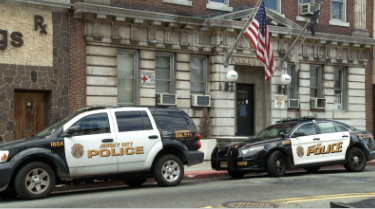
It is a popular belief in the United States that police departments are allegedly rooted in racism, enforcing Jim Crow Laws in the South, and many believe that modern police are the descendants of slave-catchers. It is important to remember that, even though old policing tactics could have many levels of racism much like the culture of the old United States, some of these claims are simply not applicable to modern-day policing.
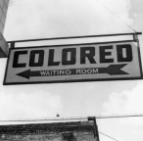
For example, a common misconception is that modern police are descended from the evil slave-catchers of the South, which is completely false (National Association of Scholars and American Enterprise Institute). It may have been considered a form of ‘policing,’ much like how in Soviet Russia or Fascist Germany there were secret police that oppressed political opponents or ethnic minorities, albeit this is not the ancestor of modern policing. Modern policing of the United States has ties with the original police departments of Great Britain, not from slave catchers.
Another concept that is frequently ignored by a large portion of the American public is that Police Departments frequently resemble the community around them. In other words, cops are people too. It is not uncommon to see a teenager or even a child notice a police car and get anxious and nervous. Panic over simply the sight of a police officer. If you are a law-abiding citizen of the United States, there is simply no reason to be panicked or afraid of police officers. It is not the 1910s, police officers won’t attack you for being of a certain ethnic background or just because they feel like it, and in the few incidents where it does happen justice in our country will be served, all it takes is time. Again, it’s critical to remember that although these incidents do happen. It is, unfortunately, not exclusive to police only.
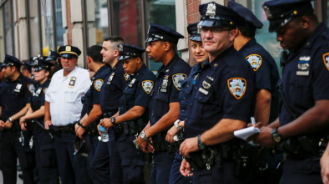
Police officers are human, too; they make the same foibles and find paths to success just like all other human beings (Goodwin.edu). A method many local police departments have been using to get police officers to interact with the community is using little community bonding programs that allow citizens to have casual conversations with their law enforcement.
For instance, one of the most popular community bonding programs is Coffee With a Cop. This annual event allows for both civilians and police officers to build trust and communicate with one another while having a cup of coffee. According to the official website of Coffee With a Cop, “ What started at a McDonald’s in Hawthorne, California, has surpassed our wildest expectations. Initially, we hoped to expand these events to all 50 states in the U.S., but now I’m proud to announce that Coffee with a Cop events are held in over 40 countries and are conducted in 9 different languages.”
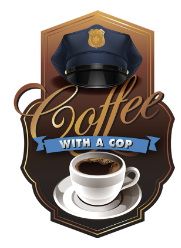
An excerpt from Coffee With a Cop’s official website stated, “The core objective remains the same: creating an environment where there are no communication barriers, no formal speeches, and no hidden agendas, just honest conversations about issues that affect our communities.”
Additionally, many other tactics are widely used to create a friendly bond between communities and local police departments. Two of which are things that give children an early healthy relationship with police officers. Many police departments have adopted the usage of Police Trading Cards, where every single police officer has their own card and is able to give it out to children desiring to collect them all.
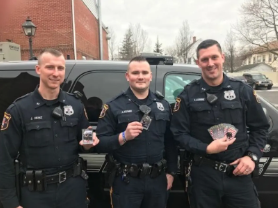
Denville NJ Police Department’s website, for instance, states that the “primary goal of the Trading Card Program is to help our children understand that police officers are friendly, approachable, and are always ready to be of help when needed.”
Another very effective strategy is Free Ice Cream Passes. Whenever a police officer notices a child “practicing good safety habits such as wearing a helmet or looking both ways before crossing the street” they will give the children a ticket for free ice cream according to the Daily Hampshire Gazette about the local Easthampton Police Department. However, this is a practice not just limited to New Hampshire, this program is employed all over the country between local police departments and ice cream shops.
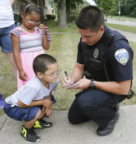
Ultimately, American police departments serve not as superiors of society that suppress the rights of others, but they have roots in the history of humanity and serve only to help maintain a safe environment which they have done, progressively evolving with the changing of time and eras.
Photo courtesy of Business Insider, World History Encyclopedia, Library of Congress, Britannica, TIME, NJ Spotlight News, ABC News, Pinterest, Etsy, Tampa Bay Times, Akron Beacon Journal, The Patch,

